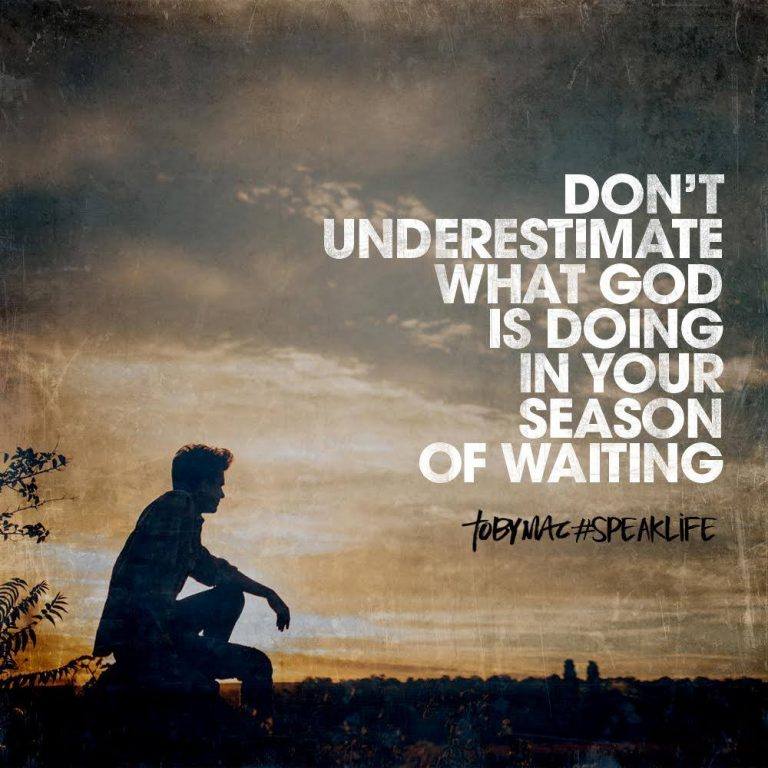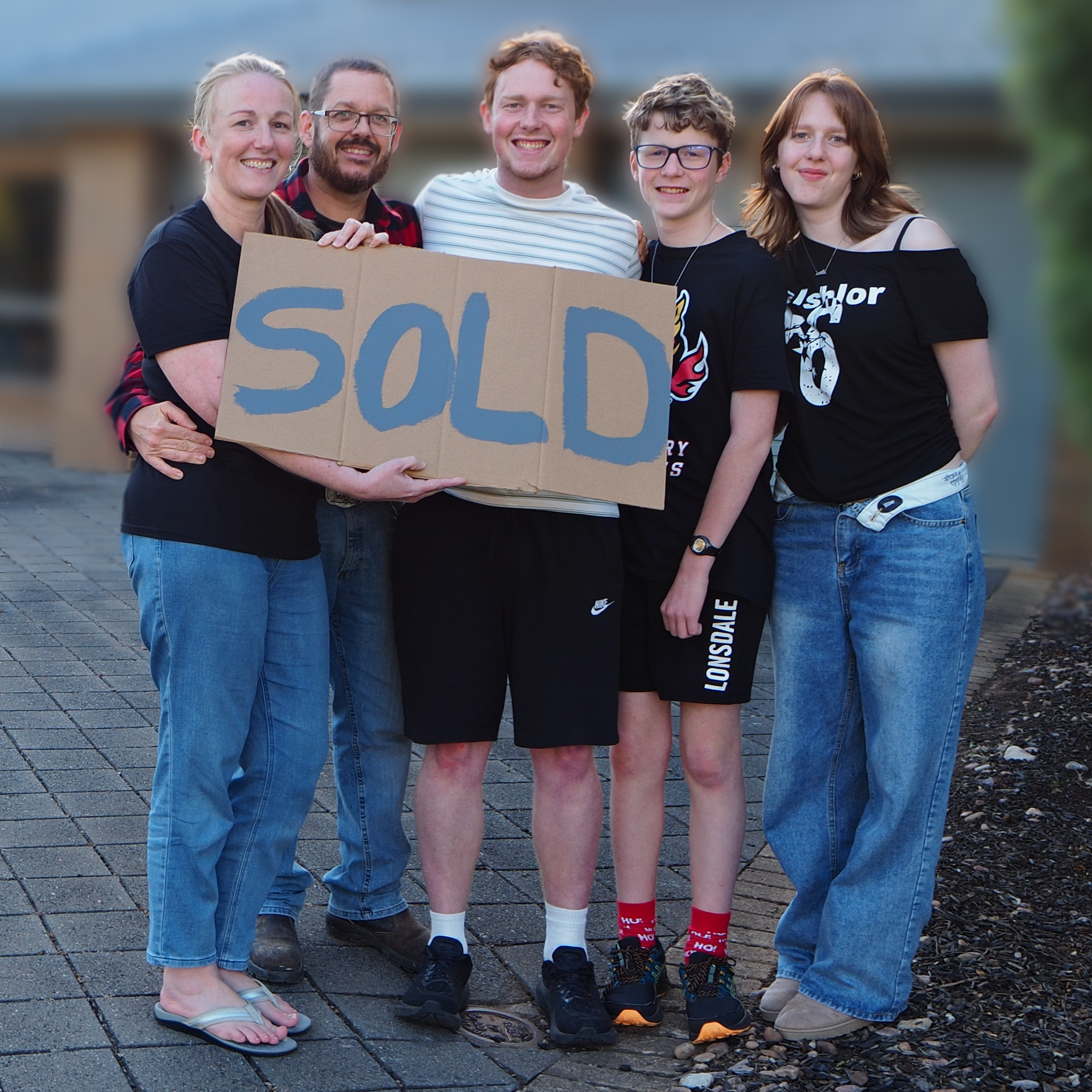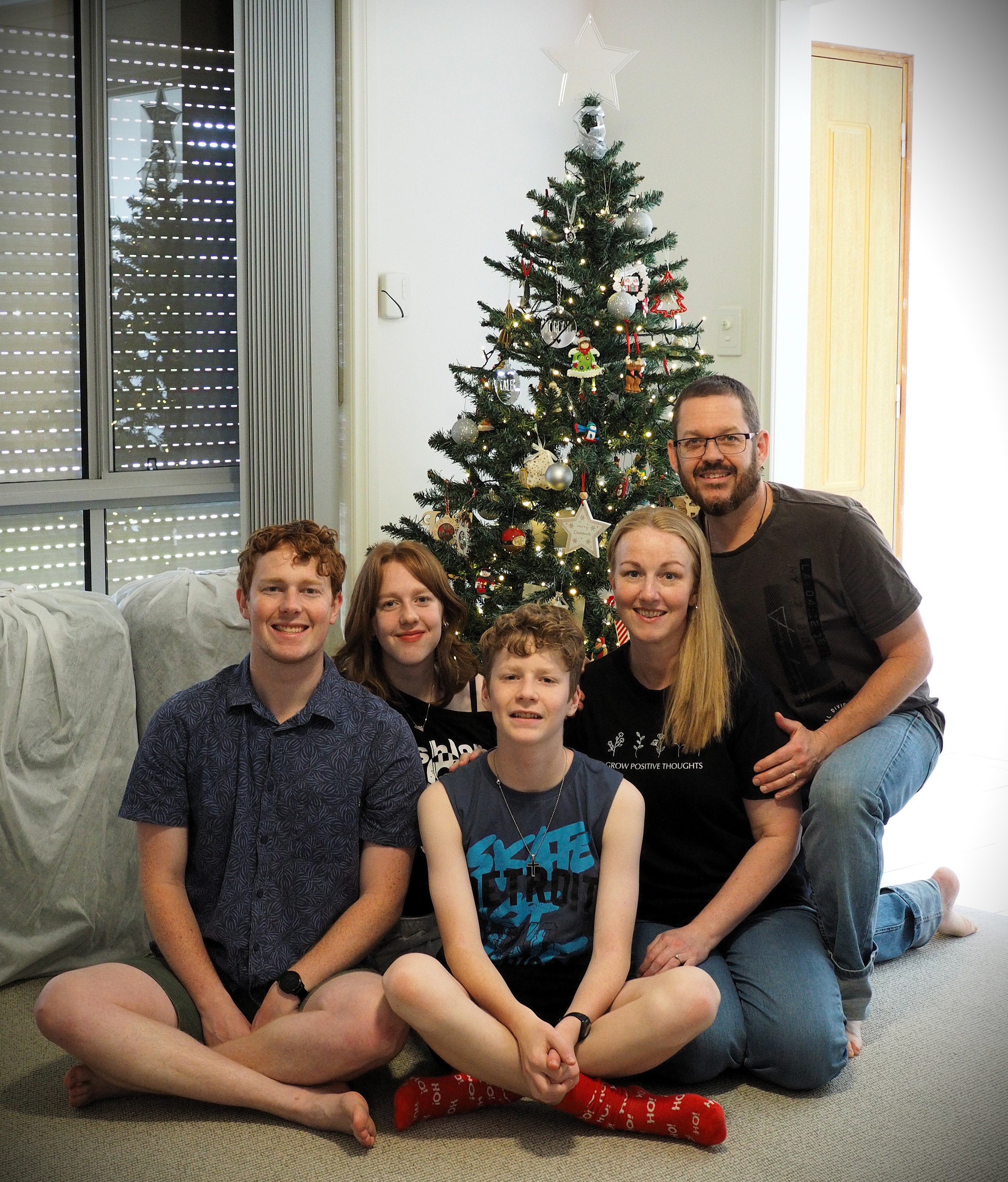Is the person that you really are the person that we see on Facebook or other social networks?
Somehow I reckon that quite often the person that we portray on-line, whether it be on a blog, forum or social network, is not a completely true representation of who we really are. This “alternate personality” could be hugely misleading (Brad Paisley’s song “Online” personifies this), partly misleading (but still deliberately so) or simply missing pieces.
I’ll be the first to admit that who you see on-line is not a complete picture of who I am. I don’t think that it’s because I’m being deliberately misleading about who I am, it’s just that there is only so much you can say about yourself on-line. I am also generally pretty reserved with how open I am about some of the things that I’m going through in my personal life. Some things are better left to in person conversations I reckon.
Knowing how I represent myself on-line reminds me not to be quick to judge people by what I read on-line. It’s impossible to get a complete picture of someone simply by what I read on-line, even if they’ve written it themselves.
So that begs the following question:
- Can I get a full picture of who you are on-line?
- Do you judge others by what you read about them on-line?
Let us know below in the comments…




Leave a Reply